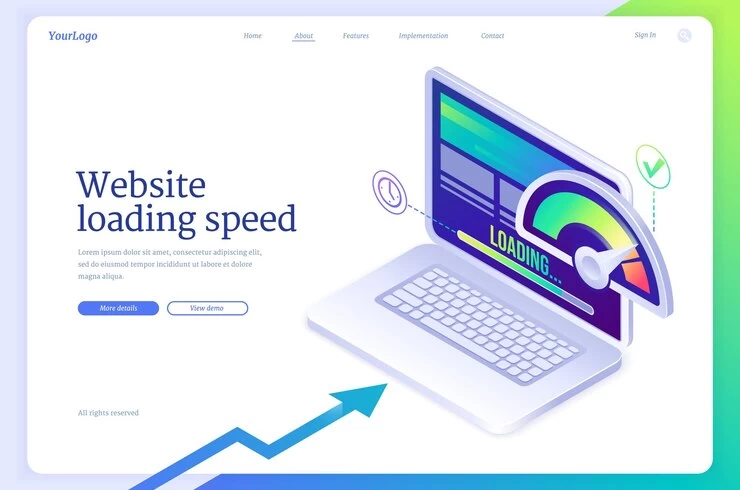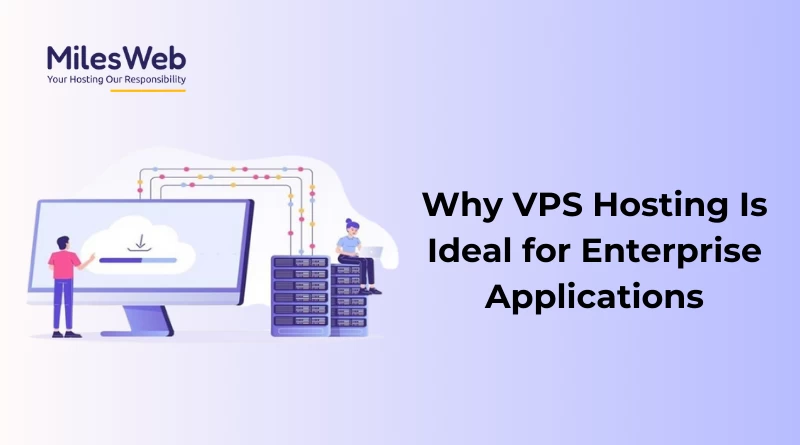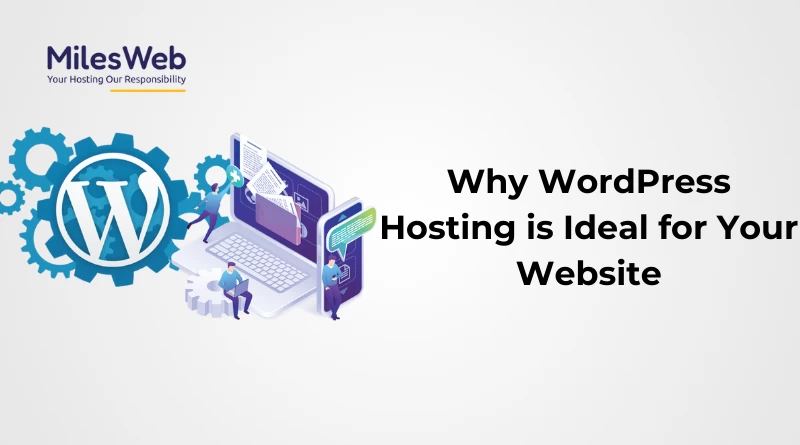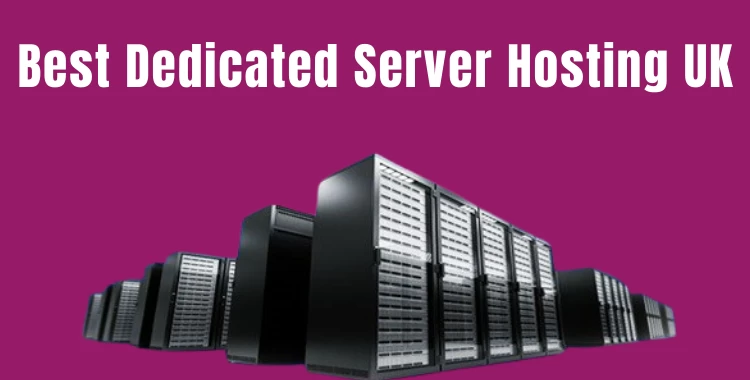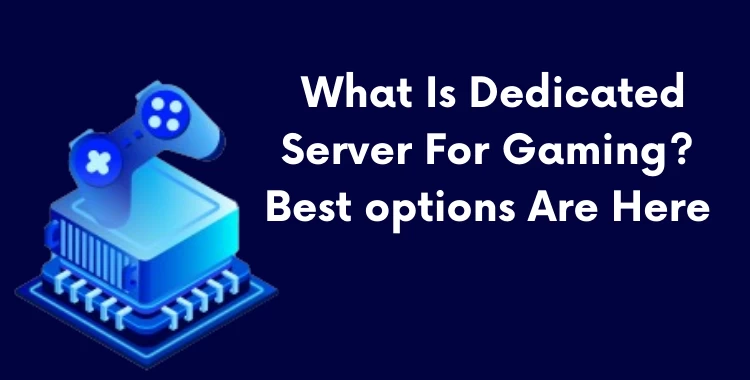HubSpot is a widely recognized and popular inbound marketing, sales, and customer service software platform that offers a range of tools and features to help businesses attract, engage, and delight customers.
HubSpot is a leading CRM in the world of marketing and customer relationship management, serving businesses of all sizes, from small startups to large enterprises. In other words, HubSpot is predominantly a topmost HubSpot Marketing Automation tool.
Choosing the right HubSpot hub to meet your needs of HubSpot services is a critical decision for businesses of all sizes. HubSpot offers a suite of hubs, each designed to address a specific aspect. With this, we will explore the factors to consider and the steps to take when selecting the ideal HubSpot hub for your organization.
Before diving into the selection process, it's essential to understand the different HubSpot hubs and their primary functions:
Marketing Hub: This hub focuses on inbound marketing and includes tools for content creation, lead generation, email marketing, automation, analytics, and more. It's suitable for businesses looking to attract, engage, and nurture leads. This hub primarily works as a HubSpot Marketing Automation tool and also assists in Digital Marketing processes.
Sales Hub: Sales teams benefit from this hub as it provides tools for tracking leads and deals, email automation, meeting scheduling, and performance analytics. It's ideal for businesses seeking to streamline their sales processes and improve conversion rates.
Service Hub: This hub is designed for customer service and support teams. It offers features like ticketing, knowledge base creation, live chat, customer feedback management, and case management. It's a great choice for organizations aiming to enhance customer satisfaction and retention.
CMS Hub: If your focus is on creating and managing your website, CMS Hub is the solution. It provides tools for website design, content management, SEO optimization, and performance analytics. It’s suitable for businesses that want to improve their online presence.
Operations Hub: This hub helps align marketing, sales, and service teams by centralizing data and automating routine tasks. It's useful for businesses that need to enhance internal processes and achieve better coordination across departments.
Commerce Hub: This is a newly launched hub of HubSpot. It assists businesses with matters related to automated billing, invoices, subscriptions & subscriptions management, and a lot more. This would be helpful in faster payments, streamlined invoices, automated actions, and revenue reporting.
Now, let's explore the steps to choose the right HubSpot hub for your requirements:
1. Define Your Goals and Objectives
Before selecting a HubSpot hub, you must clearly define your business goals and objectives. What are you trying to achieve? And for that to happen, what HubSpot Services are you aiming to use? Are you looking to increase lead generation, improve sales efficiency, enhance customer service, or revamp your website? The specific goals and objectives you set will guide your decision.
For example, if you are looking for a marketing automation tool, your primary goal is to generate more leads and improve your marketing efforts, HubSpot Marketing Automation tool i.e., Marketing Hub would be a suitable choice. On the other hand, if you're focused on closing deals and optimizing your sales process, the Sales Hub could be more appropriate.
2. Assess Your Current Pain Points
Identify the pain points in your current marketing, sales, and customer service processes. What challenges are you facing? Are you struggling to convert leads into customers, manage customer inquiries effectively, or streamline your website management? Understanding your pain points will help you choose the hub that addresses these issues.
3. Evaluate Your Budget
HubSpot offers different pricing tiers for each hub, and the cost may vary significantly based on your needs. Assess your budget to determine what you can afford and whether it aligns with the features and capabilities offered by the chosen hub. Remember that investing in the right hub could lead to improved efficiency and revenue growth, making it a valuable long-term investment.
4. Consider Scalability
Think about your organization's growth potential. Will your needs change in the near future? It's essential to select a hub that can scale with your business. HubSpot offers options to upgrade as your needs evolve, ensuring that you can continue to benefit from their tools without outgrowing the platform.
5. Explore Integration Requirements
Consider the other tools and software your organization currently uses or plans to implement. HubSpot offers a wide range of integrations with popular applications like Salesforce, Google Workspace, and more. Ensure that the hub you choose can seamlessly integrate with your existing tech stack to avoid data silos and enhance workflow efficiency.
6. Consult with Your Team
Involve key stakeholders from marketing, sales, and customer service in the decision-making process. Get their input on what features and functionalities they need to excel in their roles. This collaboration will help ensure that the chosen hub aligns with the requirements of each department.
7. Take Advantage of HubSpot's Free Trials and Demos
HubSpot offers free trials and product demos for each hub. Take advantage of these resources to get a hands-on feel for the platform's capabilities. This will help you determine if it meets your specific needs and if the user interface is intuitive for your team.
8. Seek Expert Advice
If you're still unsure which hub is right for you, consider consulting with HubSpot Experts or Agencies that specialize in inbound marketing, sales, or customer service. They can provide valuable insights and recommendations based on their experience working with various businesses. If you’re new, approaching HubSpot Development Agency could give your business a good kickstart. They could provide you with various HubSpot services such as HubSpot Implementation Services, HubSpot Integration Services, HubSpot Development, HubSpot Website Migration, HubSpot Migration Services (in case you are migrating from a different platform), and much more.
9. Review and Select Your Hub
After conducting thorough research and considering all the factors mentioned above, make an informed decision and select the HubSpot Services & hub that best aligns with your business goals, addresses your pain points, fits your budget, and supports scalability.
10. Plan for Implementation and Training
Once you've chosen a hub, create an implementation plan and provide training for your team. Or hire an agency that could help you with HubSpot Implementation Services, HubSpot Development Services, HubSpot Migration Services, HubSpot Website Migration, and much more.
Also, HubSpot offers resources and training materials to help you get started. Proper implementation and training are crucial to maximizing the benefits of your chosen hub.
If you’re not into IT, consulting a HubSpot Development Agency for HubSpot Agency is recommended.
In conclusion, selecting the right hub for your business requires careful consideration of your goals, pain points, budget, scalability, integration needs, team input, and expert advice. By following these steps and conducting thorough research, you can make an informed decision that will empower your organization to excel in marketing, sales, and customer service.





